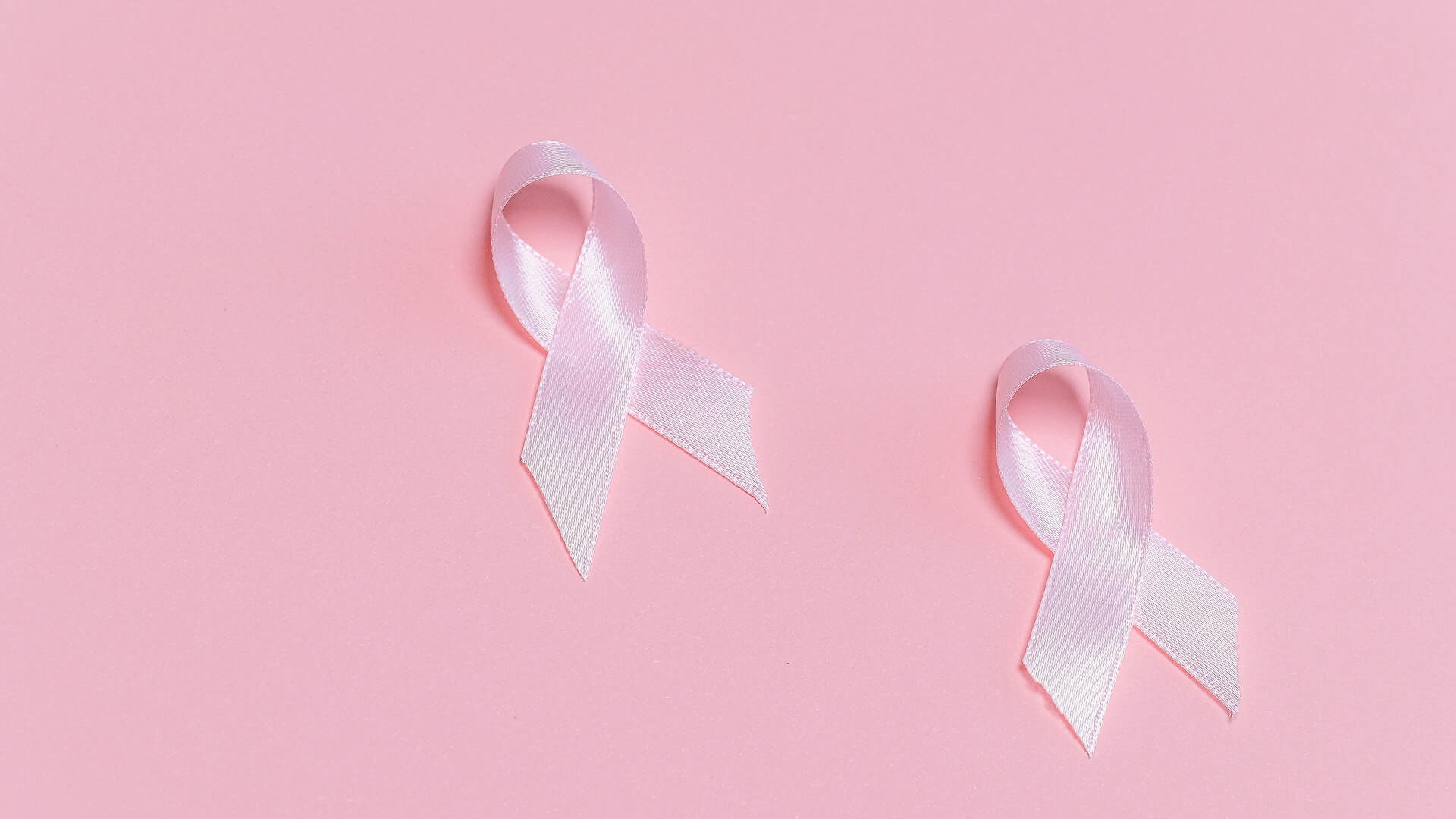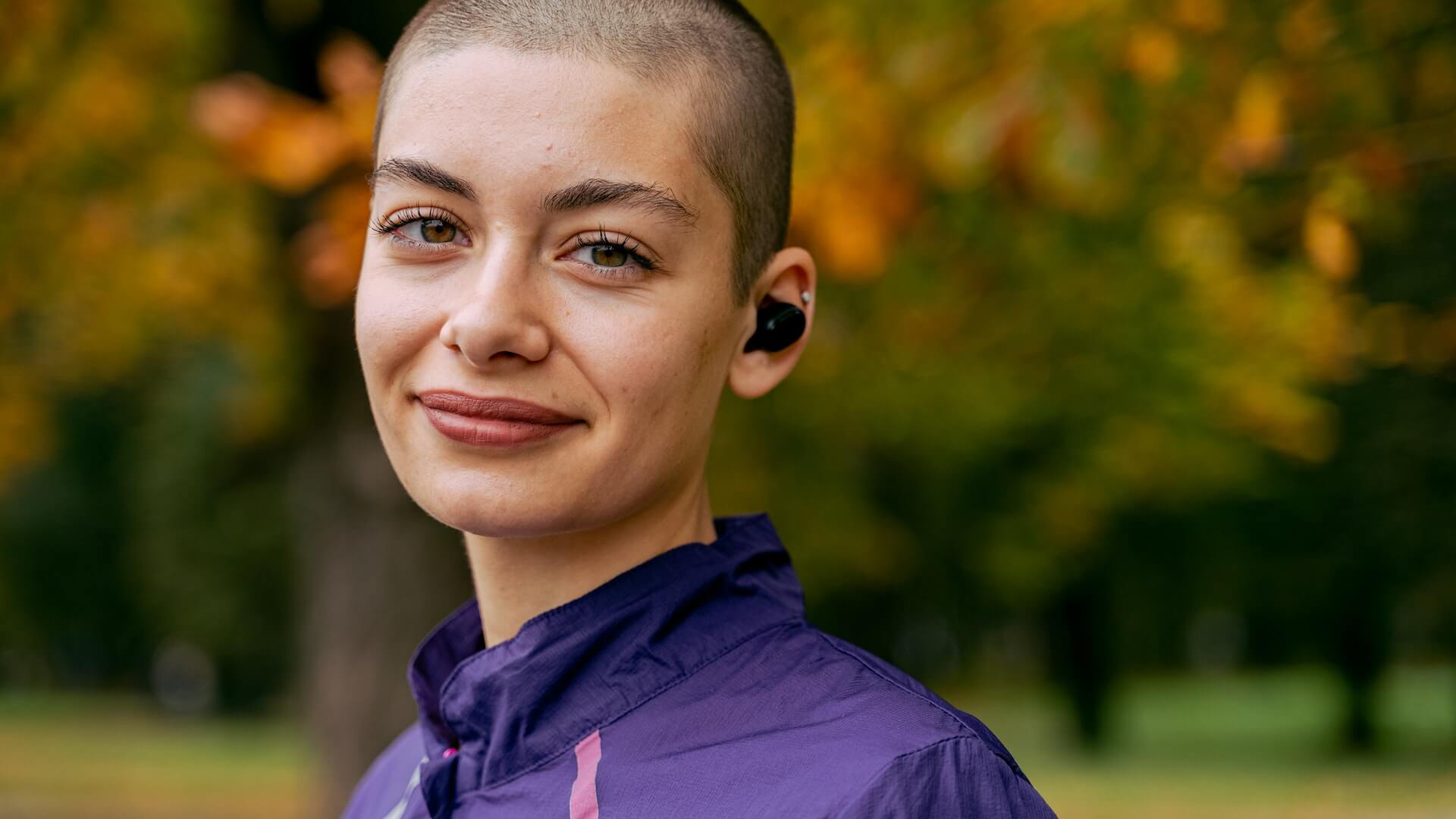Receiving a cancer diagnosis can be a life-altering experience. The journey that follows can be filled with uncertainty, fear, and a range of emotions. Coping with cancer can be a challenge, both physically and emotionally. It is a journey that requires a lot of support, both from family and friends, as well as through access to reliable resources and information. This blog post is intended to offer insights and support to those who are navigating the journey of cancer. We will provide useful tips for coping with a cancer diagnosis, share inspiring stories of cancer survivors, and offer resources that can help you stay informed and connected. Whether you are a cancer patient or caregiver, this post is designed to offer hope and support to you during this difficult time.
Introduction: The emotional impact of a cancer diagnosis
Receiving a cancer diagnosis can be an overwhelming and life-altering experience. It is a moment that often brings a flood of emotions and uncertainties, leaving individuals and their loved ones grappling with fear, anxiety, and a myriad of other complex emotions.

The emotional impact of a cancer diagnosis cannot be underestimated. It can shake one’s sense of stability, disrupt daily routines, and challenge the very core of one’s identity. Feelings of shock, disbelief, sadness, anger, and even guilt may arise, creating a rollercoaster of emotions that can be difficult to navigate.
It is important to acknowledge and validate these emotions. Each person’s journey with cancer is unique, and there is no right or wrong way to feel. It is perfectly normal to experience a wide range of emotions, and it is crucial to give yourself permission to process and express them.
Seeking emotional support is vital during this time. Whether it is leaning on family and friends, joining a support group, or seeking professional counseling, having a network of individuals who understand and empathize can provide immense comfort and guidance. These resources can help individuals cope with the emotional challenges of a cancer diagnosis, providing a space to share experiences, ask questions, and find solace in the company of others facing similar struggles.
Understanding the diagnosis: Gathering information and seeking second opinions
When faced with a cancer diagnosis, it can be an overwhelming and confusing time. Understanding the diagnosis is crucial in order to make informed decisions about treatment options and to seek the best care possible. One of the first steps in this journey is gathering information.
Start by consulting with your primary care physician or the doctor who delivered the diagnosis. They can provide you with more details about the type of cancer, its stage, and potential treatment options. It is important to ask questions and express any concerns or uncertainties you may have.
In addition to your primary care provider, seeking a second opinion from another oncologist or cancer specialist is highly recommended. This can provide you with a different perspective and potentially offer alternative treatment options. Many healthcare institutions encourage and support patients in seeking second opinions, as it ensures the best possible care for the patient.
When seeking a second opinion, it is important to gather all relevant medical records, test results, and imaging scans to share with the new specialist. This will provide them with a comprehensive overview of your case and allow for a more accurate evaluation.
Remember, seeking a second opinion does not mean you are questioning your initial doctor’s competence or expertise. It is simply a way to ensure you have explored all available options and are making the most informed decisions about your healthcare.
Assembling your support team: The importance of family, friends, and healthcare professionals
Your support team can consist of your family, friends, and healthcare professionals who will provide you with the necessary emotional, physical, and practical support throughout your cancer journey.

Family and friends play a vital role in providing emotional support and being a source of strength during difficult times. They can be your pillars of support, offering a listening ear, words of encouragement, and a shoulder to lean on. They can attend medical appointments with you, help you navigate the healthcare system, and assist with practical matters such as transportation or meal preparation. Their unwavering presence can bring comfort and reassurance during this challenging time.
Equally important are the healthcare professionals who will be part of your support team. From oncologists and nurses to social workers and therapists, these professionals are trained to provide specialized care and support for cancer patients. They will guide you through your treatment options, explain medical terminologies, and address any concerns or questions you may have. Their expertise and knowledge will help you make informed decisions about your treatment and provide you with the best possible care.
Assembling your support team is not only about having people around you but also about fostering open communication and trust. It’s essential to keep your loved ones and healthcare professionals informed about your needs, fears, and preferences. This will enable them to provide tailored support and ensure that you receive the care and assistance you require.
Coping with emotions: Dealing with fear, anxiety, and uncertainty
Fear, anxiety, and uncertainty are common emotions that cancer patients and their loved ones face throughout the journey. It is important to acknowledge and address these emotions in order to cope and find strength during this challenging time.
One of the first steps in coping with these emotions is to understand that it is normal to feel fearful, anxious, and uncertain. Cancer is a life-altering diagnosis that brings many unknowns and changes. It is okay to have moments of fear and uncertainty about the future, as well as anxiety about the treatment process and its potential outcomes.
Finding healthy ways to express and process these emotions can help alleviate some of the burden. Some individuals find solace in talking to a trusted friend, family member, or therapist who can provide a safe space to share their feelings. Support groups, both in-person and online, can also be valuable resources, as they offer the opportunity to connect with others who are going through similar experiences.
Practicing self-care and engaging in activities that bring comfort and relaxation can also be beneficial. This could include activities such as mindfulness meditation, deep breathing exercises, journaling, or engaging in hobbies and interests that bring joy and distraction from the worries and uncertainties of cancer.
Additionally, seeking professional support from mental health providers who specialize in oncology can provide valuable guidance and coping strategies. These professionals can help individuals navigate through the emotional challenges of cancer and provide tools to manage fear, anxiety, and uncertainty.
Practical tips for managing treatment: Organizing appointments, medications, and side effects
The numerous appointments, medications, and potential side effects can make it challenging to stay organized and focused on your healing journey. However, with some practical tips and strategies, you can navigate this aspect of your treatment more effectively.
First and foremost, establish a system for organizing your appointments. This could be as simple as using a physical calendar or a digital tool like Google Calendar to keep track of all your medical appointments, including consultations, chemotherapy sessions, radiation treatments, and follow-up visits. Set reminders, and consider sharing your calendar with a trusted caregiver or family member who can help coordinate transportation and support.
Managing medications is another crucial aspect of treatment. Create a medication schedule that outlines when and how to take each prescribed drug. You may find it helpful to use pill organizers or medication management apps that can send reminders and track your medication intake. Additionally, keep a list of all your medications, including their names, dosages, and any special instructions, to share with your healthcare team during appointments.
Dealing with side effects is an inevitable part of cancer treatment, but there are measures you can take to alleviate discomfort. Keep a journal or a symptom tracker to record any side effects you experience, such as nausea, fatigue, or pain. This information will be valuable during discussions with your healthcare team, as they can suggest specific strategies or adjust your treatment plan accordingly. It’s also essential to stay well-hydrated, eat a balanced diet, and get plenty of rest to support your body’s healing process.
In addition to these practical tips, don’t hesitate to seek support from your healthcare team, friends, family, or cancer support organizations. They can provide valuable guidance, resources, and emotional support throughout your treatment journey. Remember, you are not alone, and there are many people and resources available to help you navigate the challenges of managing treatment.
Self-care during cancer treatment: Prioritizing mental and physical well-being
Cancer can take a toll on your body and mind, making it essential to take proactive steps to care for yourself during this journey.

One aspect of self-care is ensuring that you eat a healthy and balanced diet. Proper nutrition plays a vital role in supporting your body’s immune system and overall well-being. Consult with a registered dietitian or nutritionist who specializes in oncology to create a personalized meal plan that meets your specific needs. They can guide you on incorporating nutrient-rich foods and managing any treatment-related side effects that may impact your appetite or digestion.
Additionally, regular exercise can have numerous benefits for cancer patients. It not only helps maintain physical strength but also improves mood, reduces fatigue, and boosts overall quality of life. Depending on your specific situation, your healthcare team can recommend suitable exercises or physical activities that are safe and effective for you. It is essential to listen to your body and not overexert yourself, as everyone’s capabilities and limitations may vary.
Taking care of your mental health is equally important. Dealing with cancer can bring about a range of emotions such as fear, anxiety, and sadness. Engaging in activities that promote relaxation and stress reduction can help alleviate these feelings. Consider exploring techniques such as meditation, yoga, deep breathing exercises, or even seeking professional counseling or therapy. Connecting with support groups or online communities can also provide a sense of belonging and understanding during this challenging time.
Finding community: Connecting with others who have experienced cancer
Finding community and connecting with others who have experienced cancer can be a powerful source of support during your journey. Whether you are a cancer survivor, currently undergoing treatment, or a caregiver, having a network of individuals who understand what you are going through can provide comfort, understanding, and valuable insights.
One way to find a community is through support groups. These groups can be found at local cancer centers, hospitals, or online platforms. They offer a safe space for individuals to share their stories, ask questions, and receive encouragement from others who have faced similar challenges. In these groups, you can find people who have walked the same path, offering empathy, guidance, and a sense of belonging.
Another avenue for connecting with fellow cancer survivors is through social media platforms and online forums. Many online communities provide a platform for individuals to connect with others who have a shared experience. These platforms offer a wealth of information, resources, and a space to exchange ideas and experiences. Engaging with these communities can be uplifting and provide a sense of solidarity, knowing that you are not alone in your journey.
Attending cancer-related events, workshops, and conferences is another way to connect with others who have experienced cancer. These events often provide opportunities to meet survivors, caregivers, and healthcare professionals. You can share your stories, learn from others, and build relationships that can offer support and guidance during difficult times.
When connecting with others who have experienced cancer, it is important to approach these relationships with an open mind and a willingness to listen and learn. Each person’s journey is unique, and while their experiences may differ from yours, there is always something to gain from hearing their perspectives and insights.
Managing the financial impact: Resources and strategies for dealing with medical expenses
Dealing with cancer can be emotionally and physically draining, but it can also take a toll on your finances. Medical expenses associated with cancer treatment can add up quickly, causing stress and financial burden for individuals and families. However, there are resources and strategies available to help manage the financial impact of a cancer diagnosis.

One of the first steps in managing medical expenses is to review your health insurance coverage. Understanding the details of your policy, including deductibles, co-pays, and coverage limits, can help you navigate the financial aspects of your treatment. It may be beneficial to consult with a healthcare advocate or insurance specialist who can guide you through the process and help you maximize your benefits.
In addition to health insurance, there are various financial assistance programs and resources available to cancer patients. Non-profit organizations, such as the American Cancer Society and CancerCare, offer financial assistance programs that can help cover the cost of medications, transportation, and other necessary expenses. These organizations also provide valuable information and support services to help individuals and families cope with the financial challenges of cancer.
Another strategy for managing medical expenses is to explore pharmaceutical assistance programs. Many pharmaceutical companies offer patient assistance programs that provide free or discounted medications to individuals who meet certain eligibility criteria. These programs can significantly reduce the financial burden of expensive cancer medications.
Furthermore, it’s important to communicate openly with your healthcare team about your financial concerns. They may be able to provide guidance on cost-effective treatment options or connect you with additional resources. Additionally, social workers or financial counselors at hospitals or cancer centers can provide valuable assistance in navigating the financial aspects of your cancer journey.
Lastly, consider reaching out to local community organizations, religious institutions, or support groups for additional support. These networks often have resources, fundraising events, or financial assistance programs specifically designed to help individuals and families affected by cancer.
Life after cancer: Embracing survivorship and finding a new normal
Surviving cancer is a tremendous accomplishment, but the journey doesn’t end there. Life after cancer is a phase that comes with its own set of challenges and adjustments. Embracing survivorship and finding a new normal is a crucial step in reclaiming your life and moving forward.
One of the first things to acknowledge is that the transition to life after cancer can be both exciting and overwhelming. It’s common to experience a mix of emotions, from relief and gratitude to anxiety and uncertainty. Recognize that these feelings are normal and allow yourself time to process them.
During this phase, it’s important to prioritize self-care and focus on rebuilding your physical and emotional well-being. Your body has gone through immense changes during treatment, and it may take time to regain strength and energy. Engaging in regular exercise, eating a healthy diet, and getting enough rest can all contribute to your overall well-being.
Additionally, finding a support system can be incredibly beneficial. Connect with other cancer survivors through support groups, online forums, or local organizations. Sharing your experiences with others who have gone through similar challenges can provide a sense of comfort, understanding, and validation. It’s also important to lean on your loved ones for support during this time.
As you navigate life after cancer, it’s essential to set realistic expectations for yourself. Understand that your priorities, goals, and perspectives may have shifted. It’s okay to redefine what success means to you and make adjustments accordingly. Take the time to reflect on what truly matters to you and how you want to shape your future.
Finding a new sense of purpose and meaning can also be a part of embracing survivorship. Consider exploring new hobbies, engaging in activities that bring you joy, or even pursuing new career opportunities. Use this as an opportunity to create a life that aligns with your values and passions.
Conclusion
Dealing with cancer is an incredibly challenging experience, and we understand the importance of having access to helpful information and support during this time. From understanding the diagnosis to managing treatment options, emotional support, and self-care, we aimed to provide valuable insights to empower and guide you through this journey. Remember, you are not alone, and there are resources and communities available to provide the support you need. Stay strong, stay positive, and know that we are here for you every step of the way.



